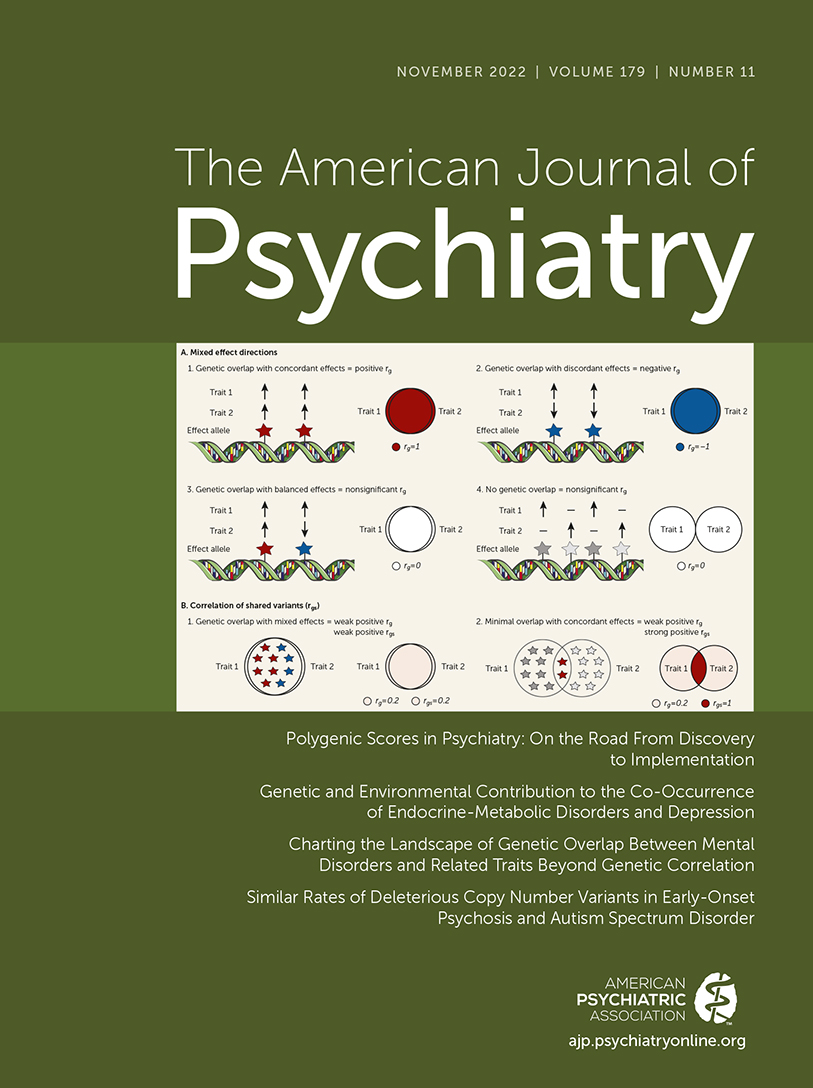Genetic and Environmental Contribution to the Co-Occurrence of Endocrine-Metabolic Disorders and Depression: A Nationwide Swedish Study of Siblings
Abstract
Objective:
Depression is common in individuals with endocrine-metabolic disorders and vice versa, and a better understanding of the underlying factors contributing to the comorbidity of these disorders is needed. This study investigated the familial coaggregation of depression and endocrine-metabolic disorders and estimated the contribution of genetic and environmental factors to their co-occurrence.
Methods:
This population-based cohort study included 2.2 million individuals born in Sweden between 1973 and 1996, with follow-up through 2013. Participants were linked to their biological parents, allowing identification of full siblings, maternal half siblings, and paternal half siblings. Diagnoses of depression and endocrine-metabolic conditions were investigated, with the latter grouped into autoimmune disorders (autoimmune hypothyroidism, Graves’ disease, and type 1 diabetes) and non-autoimmune disorders (type 2 diabetes, obesity, and polycystic ovary syndrome). Logistic regression and Cox regression were used to estimate the associations between endocrine-metabolic disorders and depression within the same individual and across siblings. Quantitative genetic modeling was performed to investigate the relative contribution of genetic and environmental influences.
Results:
Individuals with endocrine-metabolic disorders had a significantly higher risk of depression, with odds ratios ranging from 1.43 (95% CI=1.30, 1.57) for Graves’ disease to 3.48 (95% CI=3.25, 3.72) for type 2 diabetes. Increased risks extended to full and half siblings. These correlations were mainly explained by shared genetic influences for non-autoimmune conditions, and by nonshared environmental factors for autoimmune disorders, especially for type 1 diabetes.
Conclusions:
These findings provide phenotypic and etiological insights into the co-occurrence of depression and various endocrine-metabolic conditions, which could guide future research aiming at identifying pathophysiological mechanisms and intervention targets.



